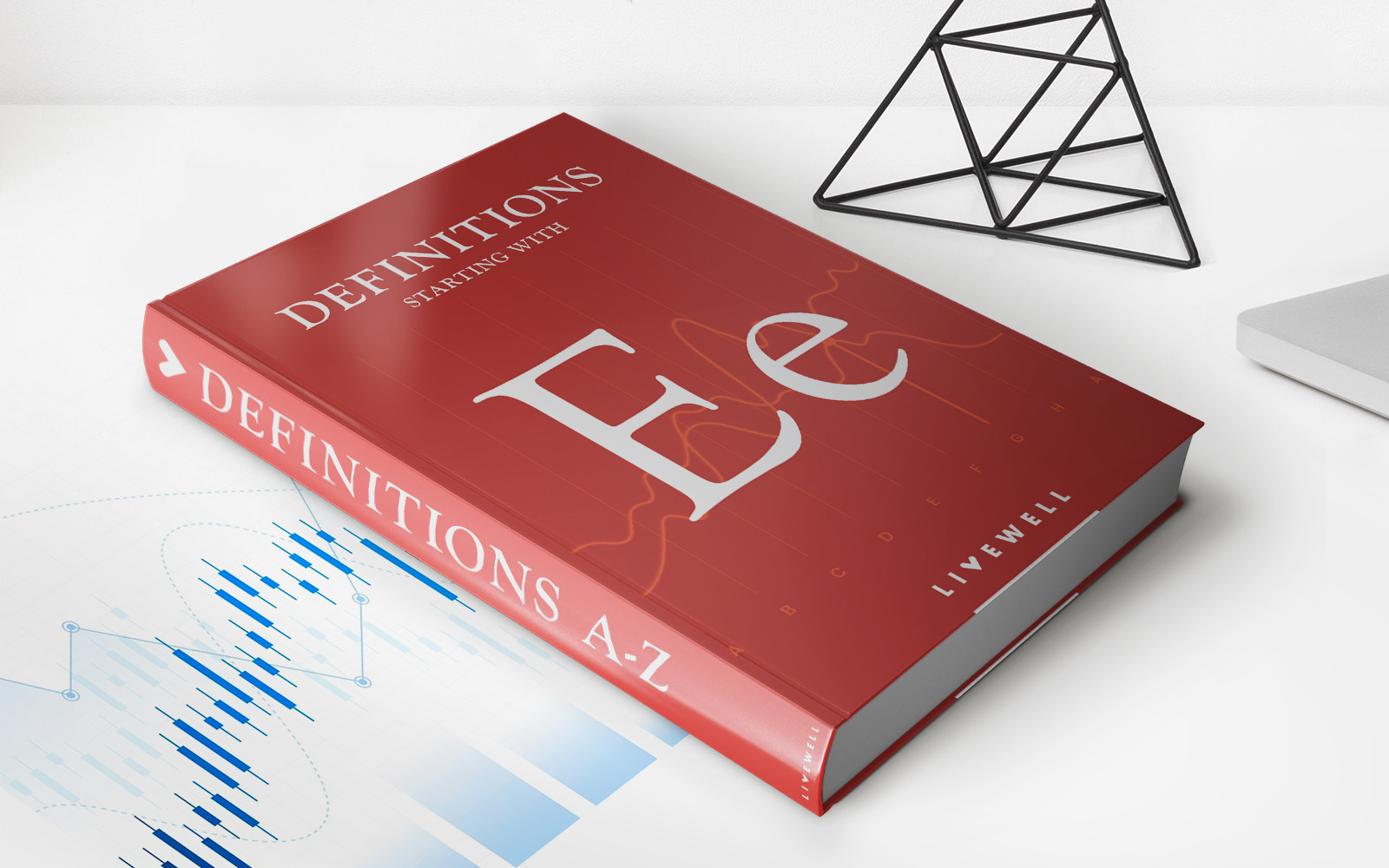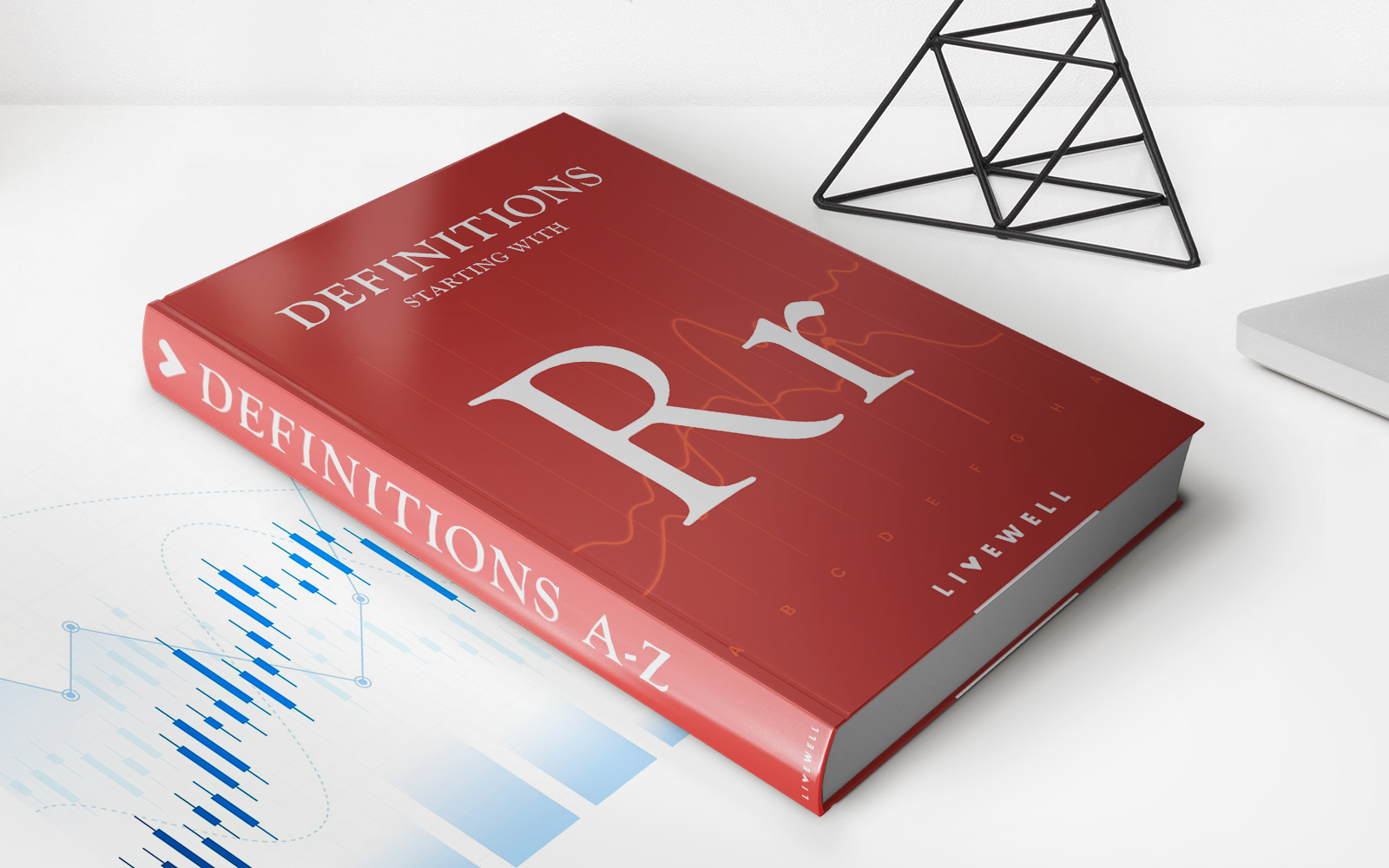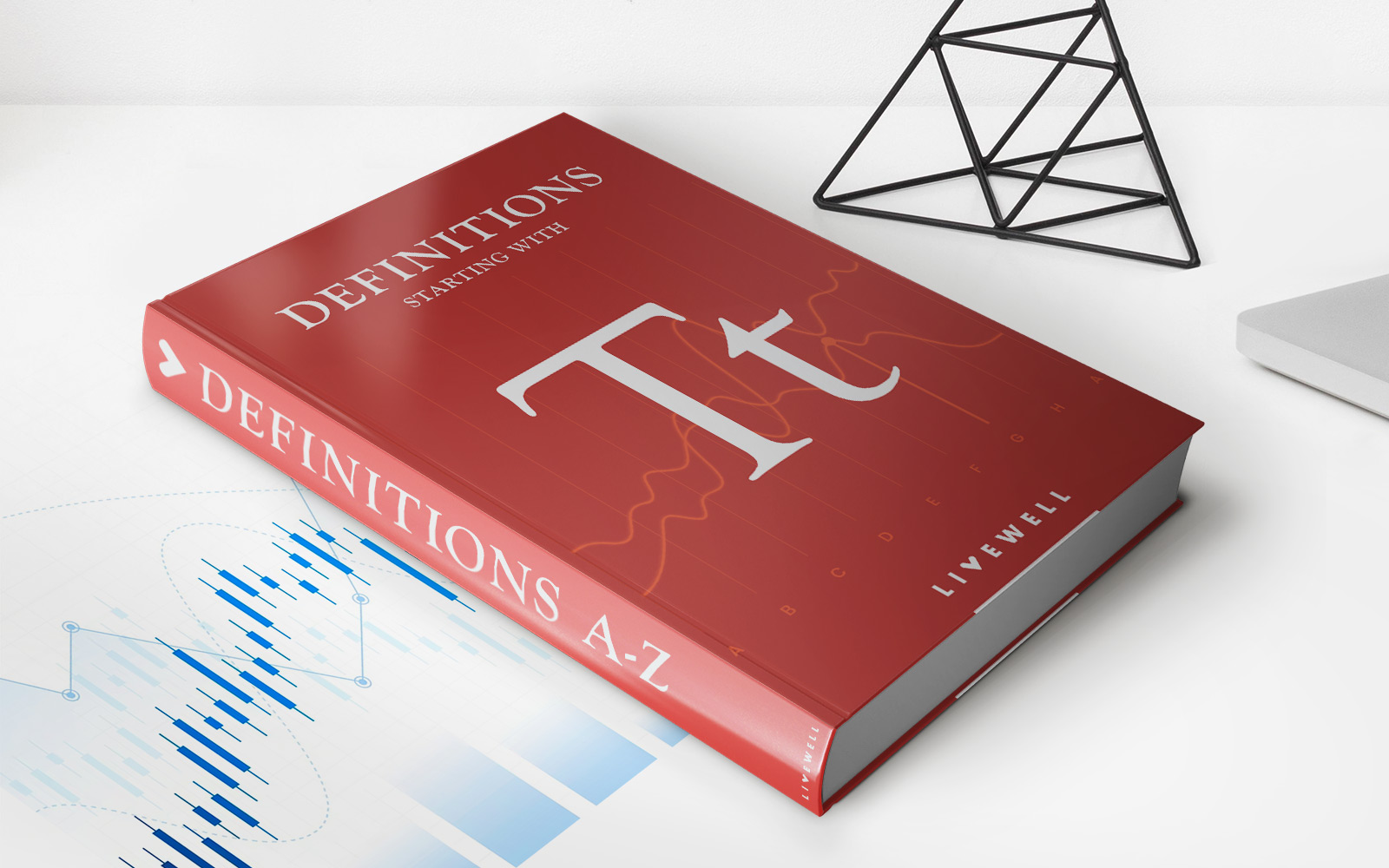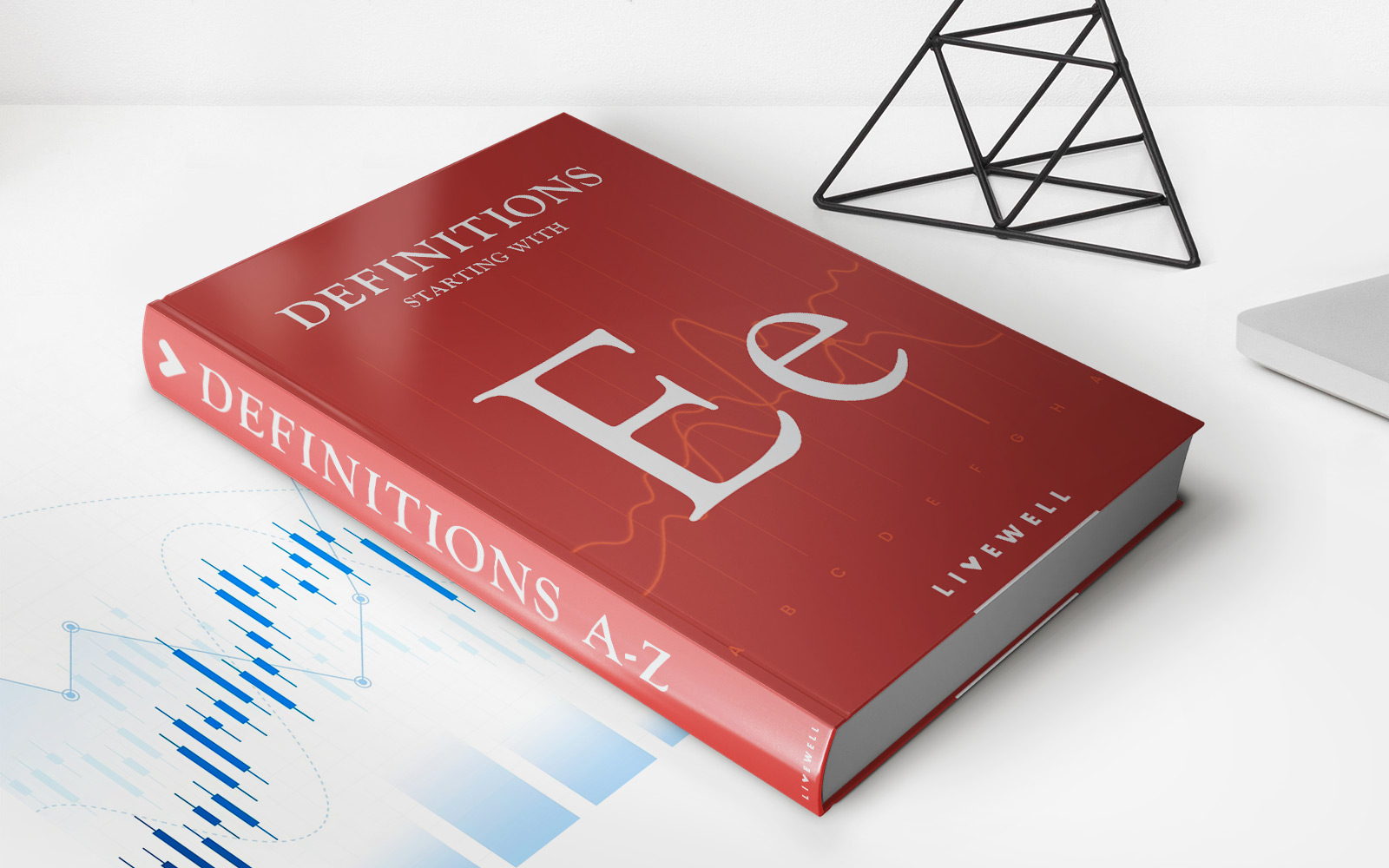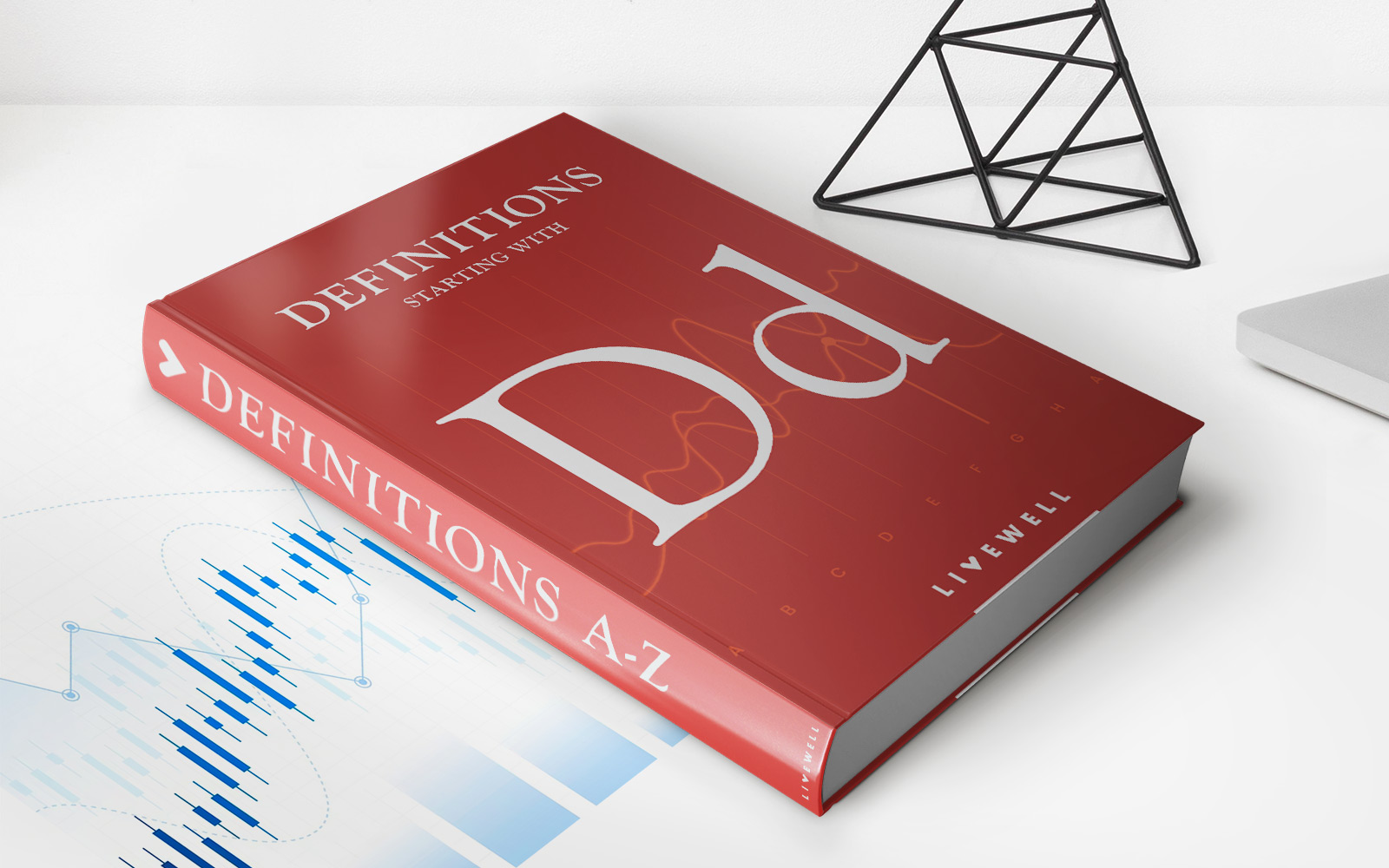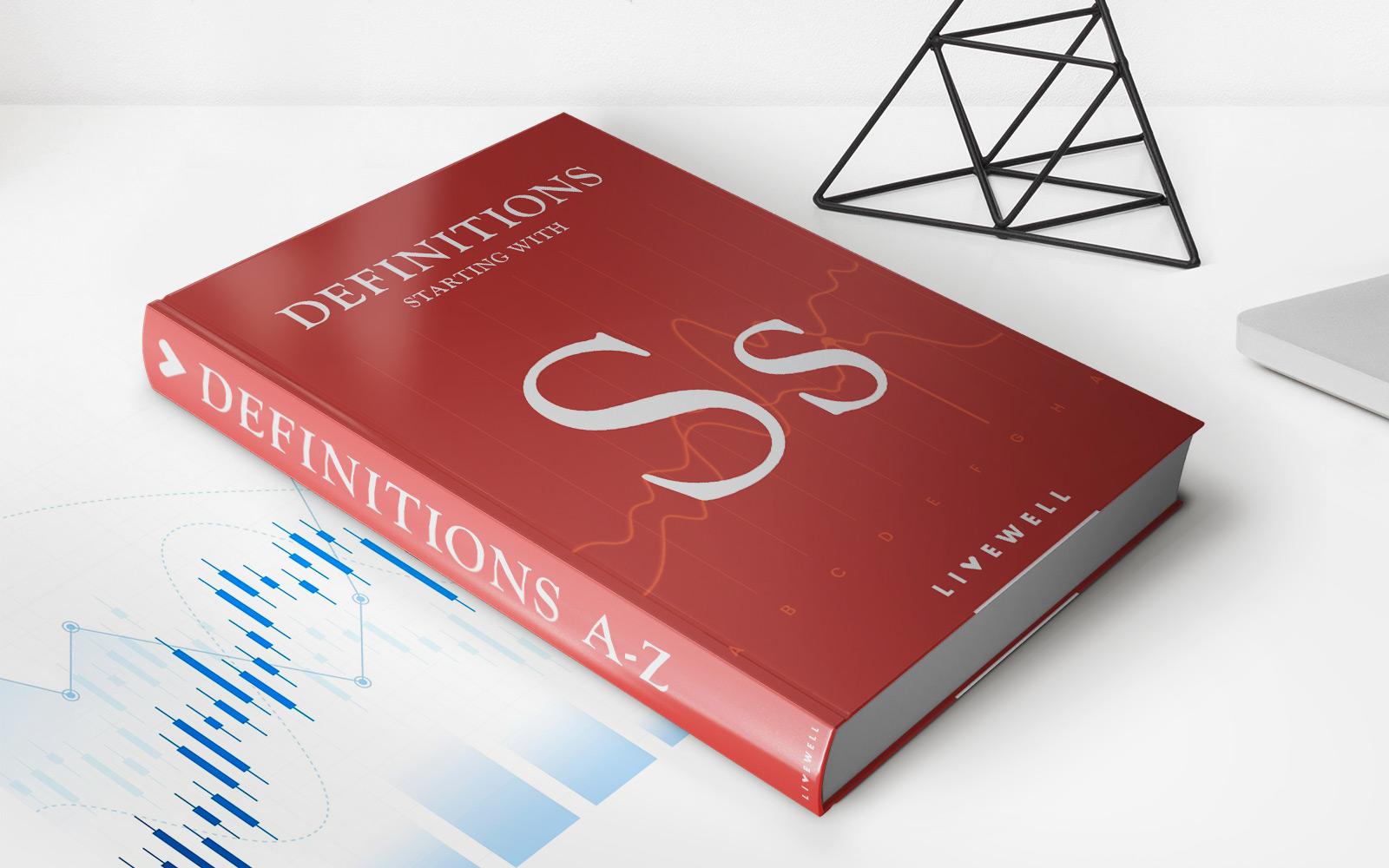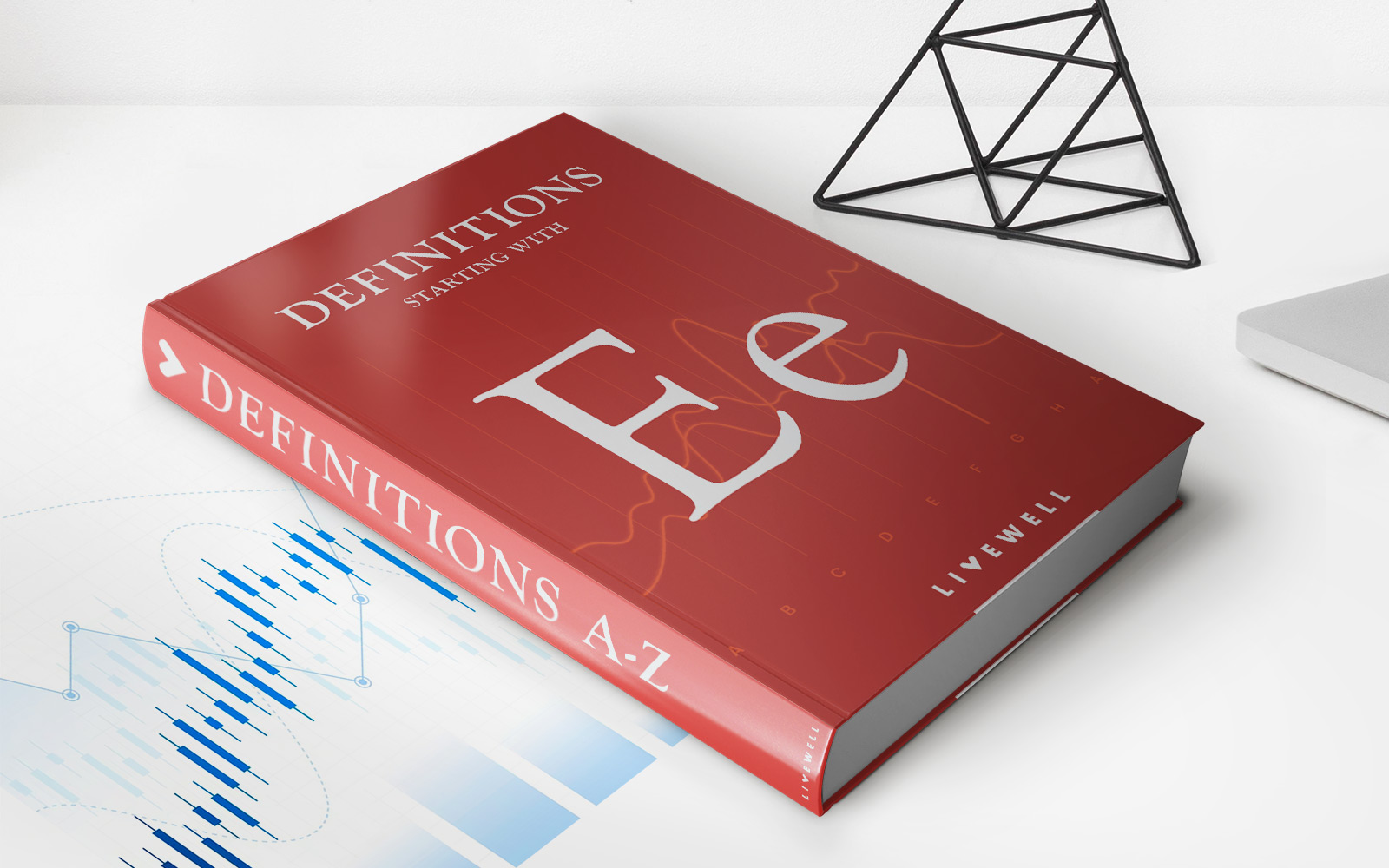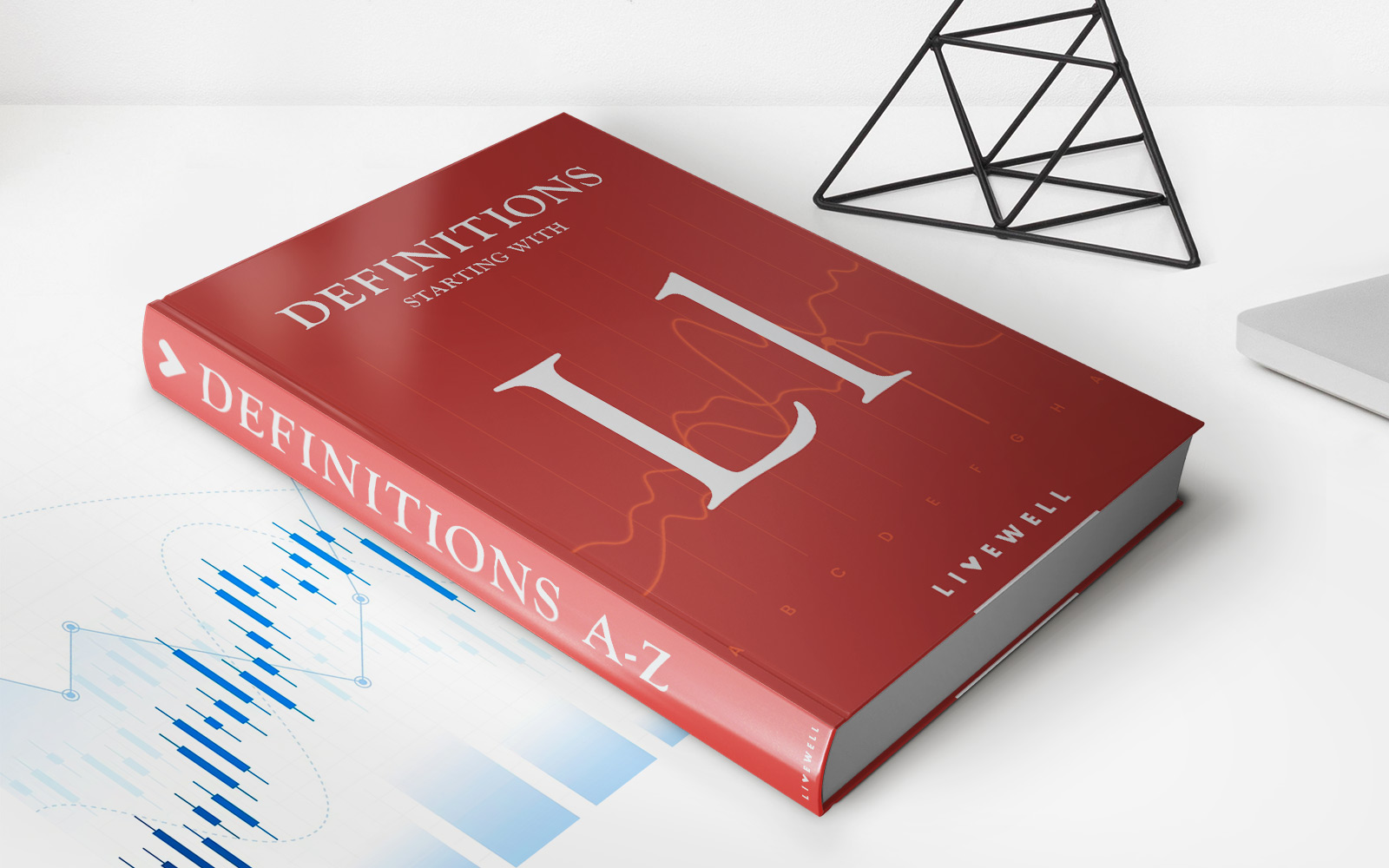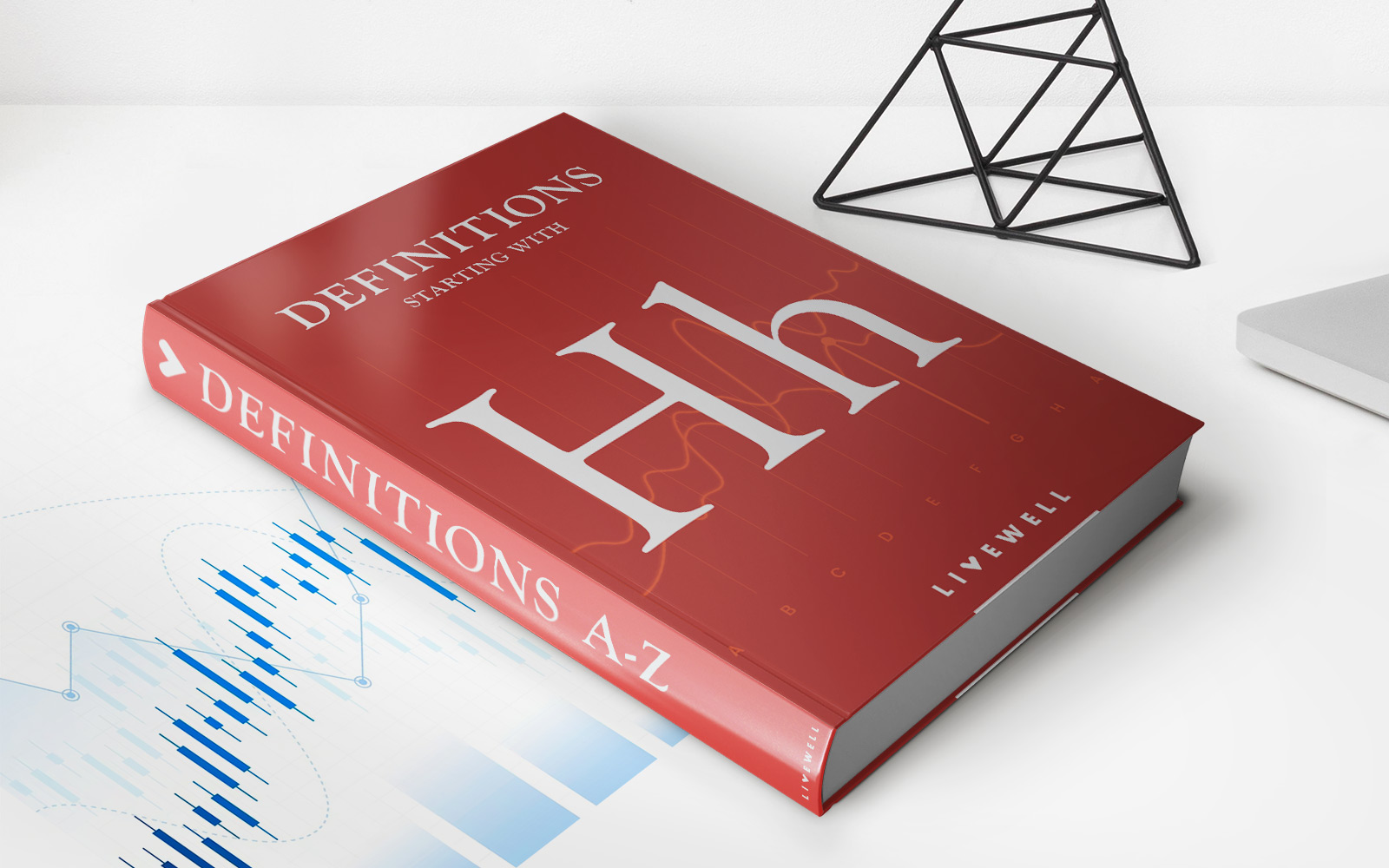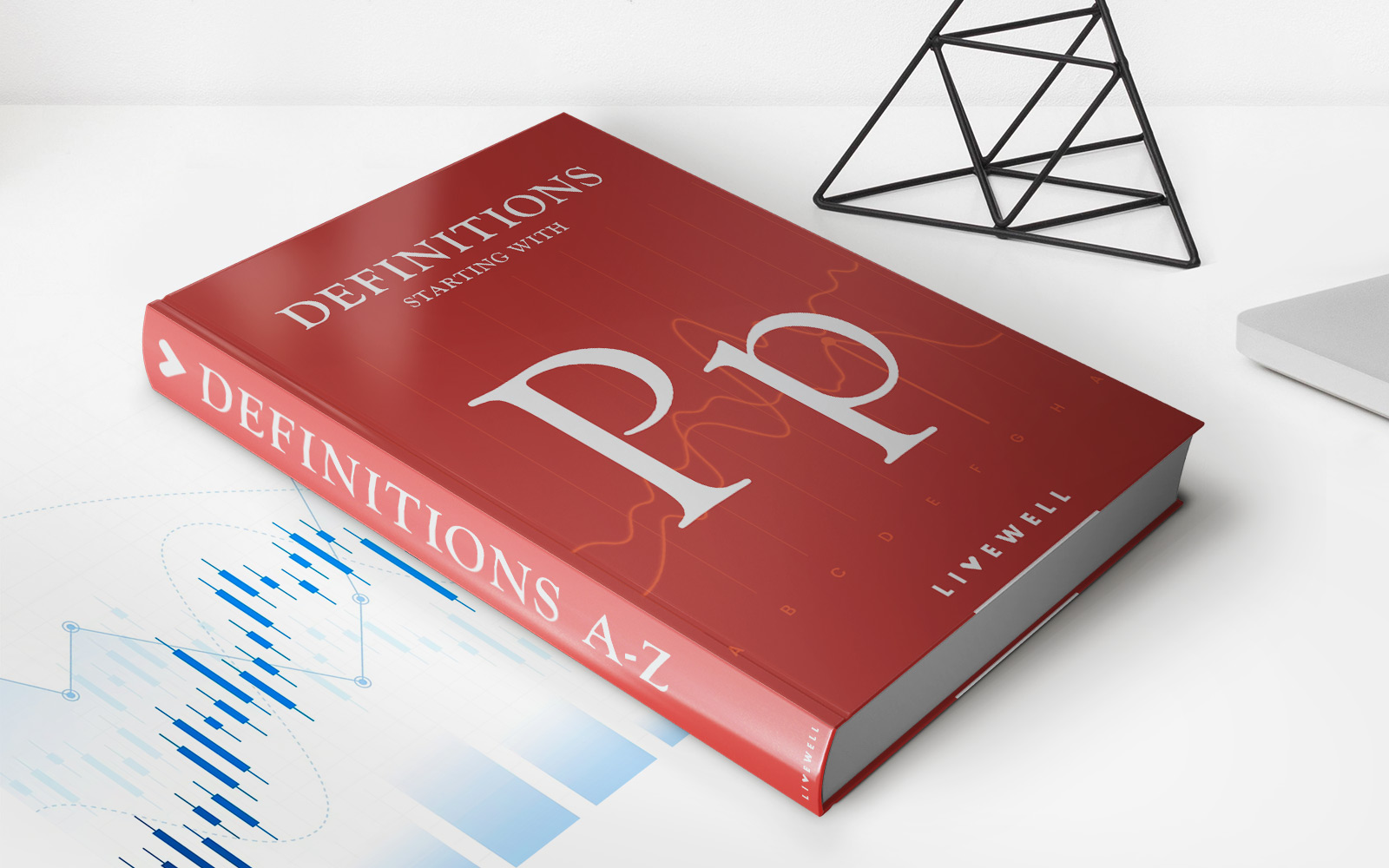Home>Finance>Definition Of Total Utility In Economics, With Example
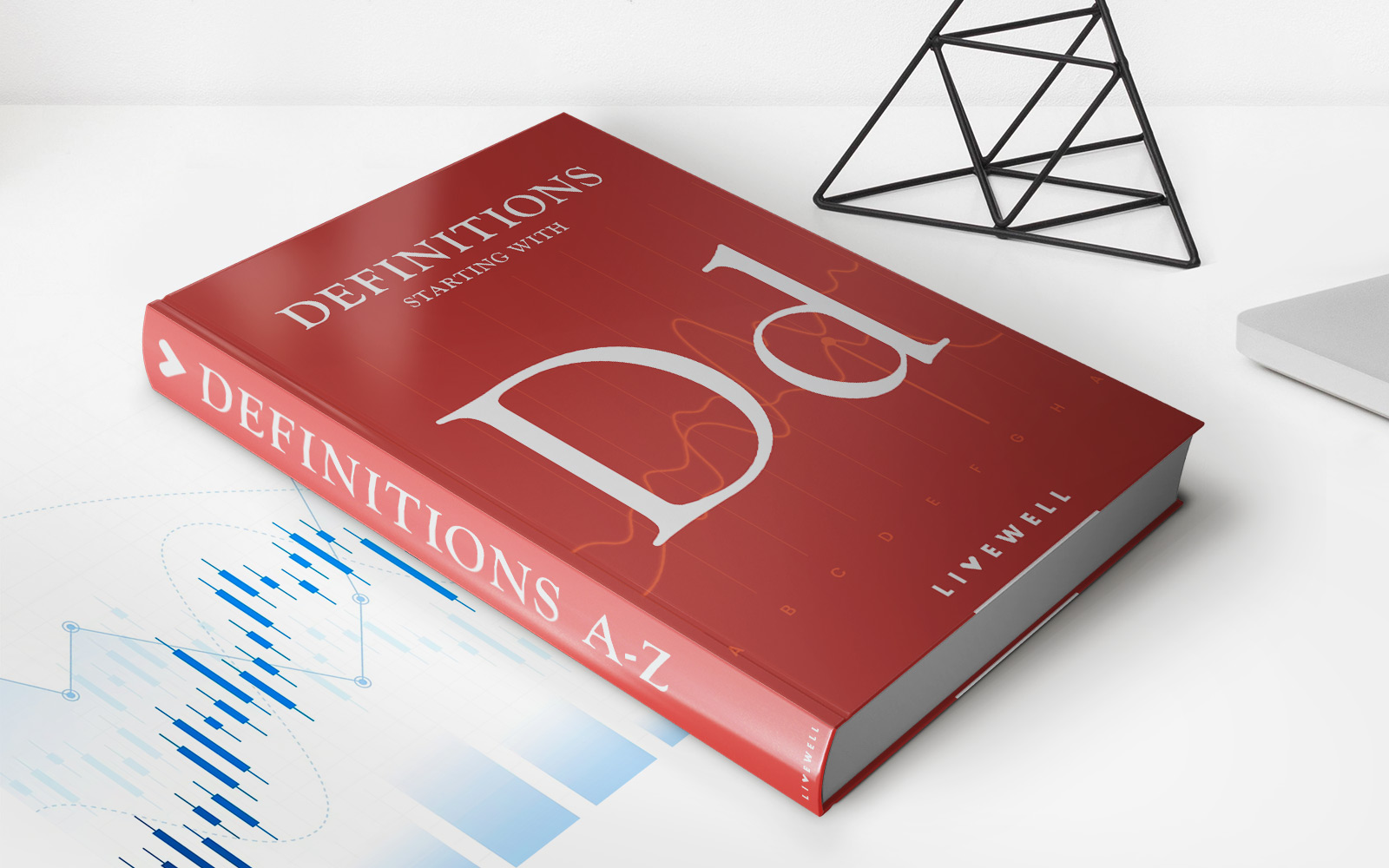

Finance
Definition Of Total Utility In Economics, With Example
Published: November 9, 2023
Learn the definition of total utility in economics and its application with a practical example in finance. Gain a clear understanding of this fundamental concept in just a few minutes.
(Many of the links in this article redirect to a specific reviewed product. Your purchase of these products through affiliate links helps to generate commission for LiveWell, at no extra cost. Learn more)
Understanding Total Utility in Economics: A Comprehensive Guide
When it comes to the world of finance, it’s essential to grasp key economic concepts to navigate through the complexities of managing money effectively. One such concept is Total Utility, which plays a crucial role in understanding consumer behavior and decision-making processes. In this article, we will delve deep into the definition of Total Utility in economics, provide examples, and highlight its significance.
Key Takeaways:
- Total Utility is a concept in economics that measures the overall satisfaction or usefulness a consumer derives from consuming a combination of goods and services.
- Understanding Total Utility helps economists analyze consumer preferences, make predictions, and devise strategies to achieve maximum consumer satisfaction.
What is Total Utility?
Total Utility refers to the overall level of satisfaction or usefulness that a consumer obtains from consuming a particular combination of goods and services. It is a crucial concept in economics, often used to study consumer behavior and make informed decisions in the field of finance.
Economists recognize that consumers have various preferences when it comes to consuming goods and services. Total Utility helps quantify these preferences by measuring the total satisfaction experienced by a consumer when they consume a specific combination or quantity of goods and services.
Example of Total Utility
Let’s consider a simple example to illustrate the concept of Total Utility. Imagine you are craving a snack and have two choices: a chocolate bar or a bag of chips. Initially, you buy the chocolate bar and experience a certain level of satisfaction from consuming it. This satisfaction can be quantified as utility points.
Later on, you decide to purchase the bag of chips as well. As you consume the chips, your overall satisfaction increases further. The addition of the chips to your consumption bundle adds to the total utility you gain. The more goods and services you consume, the greater your total utility becomes.
In this example, the total utility is the combined satisfaction or usefulness derived from consuming both the chocolate bar and the bag of chips. By understanding this concept, economists can analyze consumer behavior patterns, predict demand for specific goods, and devise strategies to maximize consumer satisfaction.
Significance of Understanding Total Utility
Understanding Total Utility holds immense significance in the world of finance and economics. Here’s why it matters:
- Predict Consumer Preferences: By studying Total Utility, economists can predict consumer preferences, allowing businesses to tailor their products and services to meet those preferences more effectively.
- Maximize Consumer Satisfaction: Businesses that understand the concept of Total Utility can design marketing strategies that aim to maximize consumer satisfaction. By offering a variety of options or combinations that enhance Total Utility, businesses can attract and retain customers.
- Inform Investment Decisions: Investors can utilize the knowledge of Total Utility to inform their decisions. By identifying the goods and services that provide high levels of utility to consumers, investors can make informed choices about which industries to invest in.
In conclusion, understanding Total Utility is essential in the world of finance. By comprehending this concept, economists and businesses can gain valuable insights into consumer behavior, predict preferences, and devise strategies to maximize consumer satisfaction. So, the next time you think about your financial decisions, don’t forget to consider the concept of Total Utility.
